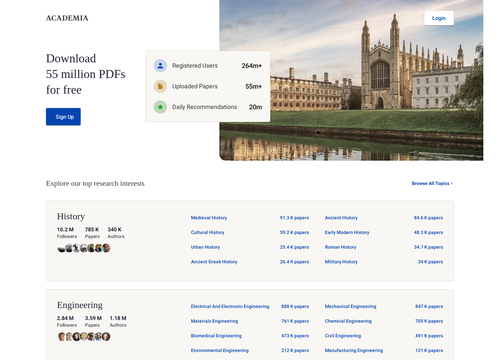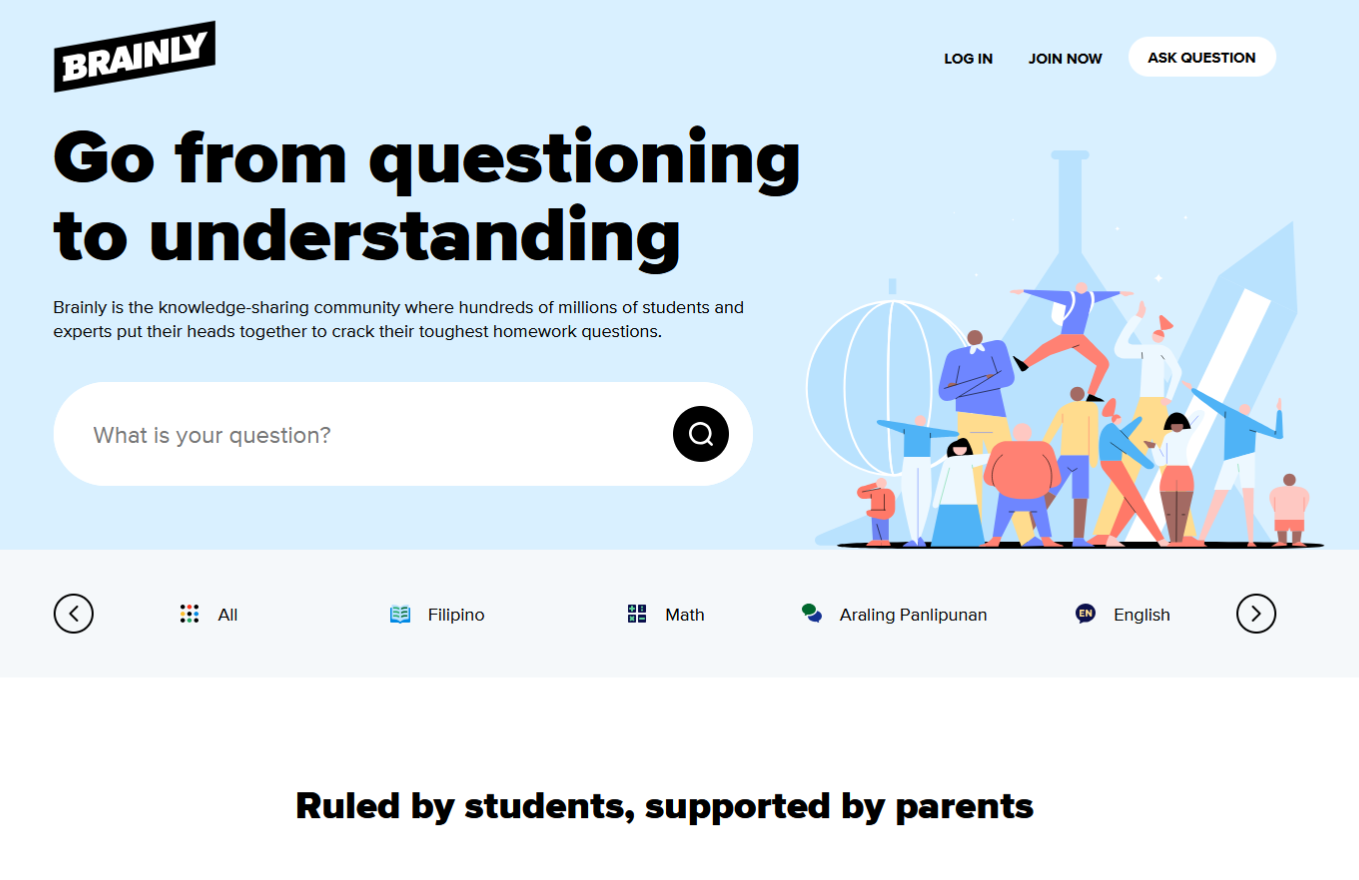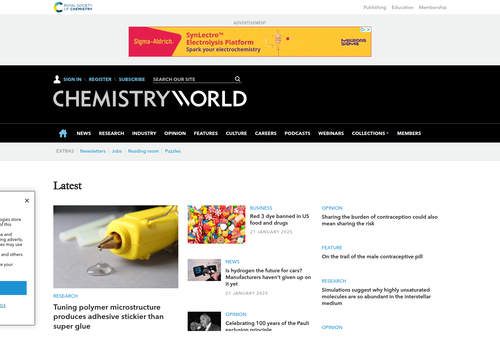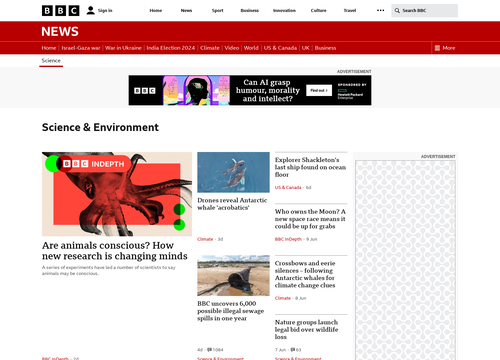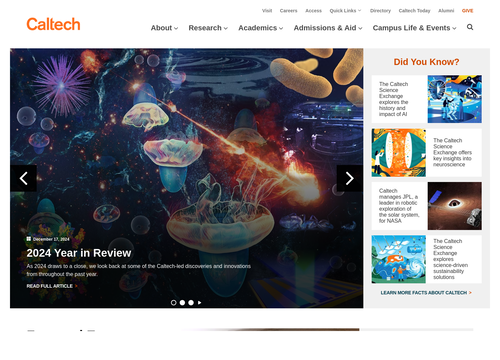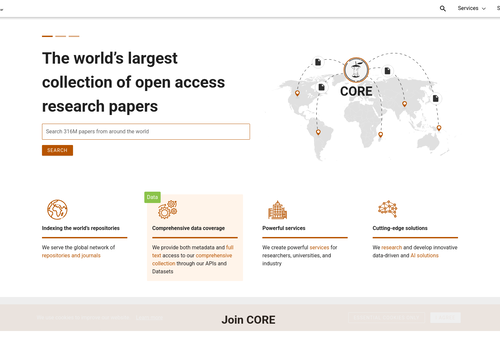Ars Technica
https://arstechnica.com/Ars Technica
Ars Technica, often abbreviated as Ars, is a prominent online publication that primarily focuses on technology news, reviews, and analysis. Founded in 1998 by Ken Fisher and Jon Stokes, the site has become a significant voice in the tech community, covering a broad spectrum of topics, including hardware, software, science, policy, and culture.
Key Features of Ars Technica
In-Depth Reporting
The Ars Technica is known for its detailed and thorough articles. The site provides in-depth reviews of the latest hardware and software, comprehensive analysis of tech trends, and extensive coverage of significant scientific developments.
Technology and Science Focus
While the core focus is on technology, Ars Technica also delves deeply into scientific topics, particularly those related to space, physics, and health. This combination appeals to a technically savvy audience interested in a wide range of scientific and technological advancements.
Policy and Law Coverage
Ars Technica stands out for its robust coverage of technology-related policy and law. It frequently examines how legislation, government regulations, and legal battles impact the tech industry and its users.
Community Engagement
The website fosters an active and engaged community. Discussion forums are a crucial part of the site, where readers can engage in debates and discussions about the latest articles and topics in the tech world.
Editorial Independence and Expertise
The editorial team at Ars Technica is composed of experienced journalists and experts in various fields. This expertise ensures that the content is not only accurate but also insightful, often providing perspectives that are not found in more mainstream tech news outlets.
Subscription Model
In addition to its ad-supported content, Ars Technica offers a subscription service called Ars Technica Pro, which provides ad-free experience, access to premium content, and other benefits. This model helps support high-quality journalism and reduces reliance on advertising revenue.
Innovative Content Formats
The site has expanded beyond traditional articles to include various content formats such as podcasts, video series, and interactive features. This multimedia approach caters to diverse preferences for content consumption.
History and Development
Early Years
Launched in the late 1990s, Ars Technica quickly distinguished itself with its detailed tech articles and a focus on the needs and interests of tech enthusiasts.
Acquisition by Condé Nast
In 2008, Ars Technica was acquired by Condé Nast, a major media company. This acquisition provided additional resources and support, helping the site expand its coverage and reach.
Ongoing Evolution
Over the years, Ars Technica has continued to evolve, adapting to changes in the media landscape and technological advancements. This includes a strong presence on social media, a modernized website design, and the integration of newer content delivery methods.
Audience and Influence
Ars Technica’s audience comprises tech professionals, enthusiasts, and a general readership with an interest in technology and science. The site's influence extends to policymakers, industry insiders, and other media outlets, which often cite its articles and analyses.
In summary, Ars Technica is a comprehensive and influential source of technology and science news known for its in-depth reporting, expert analysis, and active community engagement. Its commitment to quality journalism and its ability to adapt to the evolving media landscape have cemented its position as a trusted resource in the tech world.
Content Categories
Ars Technica's content is organized into several key categories, each catering to different aspects of technology and science:
Technology
Hardware: Reviews and news about the latest gadgets, computers, smartphones, and other hardware.
Software: In-depth analysis of operating systems, applications, and software development trends.
Security: Articles on cybersecurity threats, vulnerabilities, and best practices for protecting data.
Networking: Information on networking technologies, including internet infrastructure, wireless networks, and broadband developments.
Science
Space: Coverage of space exploration, astronomy, and the latest developments from NASA and other space agencies.
Physics: Discussions on theoretical and applied physics, including breakthroughs and ongoing research.
Health and Medicine: Updates on medical research, health technology, and public health issues.
Policy and Law
Digital Rights: Analysis of issues related to digital privacy, copyright, and the impact of legislation on the tech industry.
Net neutrality: Coverage of the ongoing debates and regulatory actions surrounding net neutrality.
Tech Policy: Articles examining the intersection of technology and government policy, including the impact of new laws and regulations.
Business
Tech Industry: Insights into the business side of technology, including company profiles, market analysis, and financial news.
Startups: Coverage of emerging companies and innovation in the tech space.
Culture
Gaming: Reviews and news about video games, gaming hardware, and the gaming industry.
Tech Culture: Articles exploring how technology influences society, culture, and everyday life.
Unique aspects and innovations
Deep Dives and Explainers
Ars Technica is renowned for its "deep dive" articles that provide exhaustive coverage of complex topics. These articles often include historical context, technical details, and future projections, making them valuable resources for readers seeking a comprehensive understanding.
Experimental Features
The site often experiments with new features and formats to engage readers. This includes interactive articles, detailed infographics, and live blogs of major tech events.
Community and Engagement
Ars Technica's discussion forums are a significant part of its ecosystem. The forums provide space for readers to discuss articles, share knowledge, and connect with like-minded individuals. The community is known for its high level of technical expertise and thoughtful discussion.
Ethical Journalism
Publication maintains a strong commitment to ethical journalism. It emphasizes transparency, accuracy, and integrity in its reporting. Conflicts of interest are disclosed, and the site has a clear editorial policy to ensure unbiased content.
Educational Content
Beyond news and analysis, Ars Technica offers educational content that helps readers understand complex technologies and scientific concepts. This includes how-to guides, tutorials, and explainers that cater to both novice and advanced audiences.
Influence and Contributions
Ars Technica has made significant contributions to the technology journalism landscape. Its thorough and insightful reporting has often influenced public discourse on technology-related issues. The site's coverage has been referenced by policymakers, academic researchers, and industry leaders.
Moreover, Ars Technica has played a role in holding tech companies and governments accountable through investigative journalism. By shedding light on critical issues such as data privacy, security breaches, and unethical business practices, this publication has contributed to greater transparency and informed decision-making in the tech industry.
Future Outlook
As technology and science continue to evolve rapidly, Ars Technica is well positioned to remain a key player in tech journalism. A publication's adaptability, commitment to quality, and strong community support suggest a bright future. Anticipating new trends and maintaining rigorous standards will be essential for Ars Technica to continue serving as a trusted source of information and analysis.
In summary, Ars Technica stands out as a premier destination for technology and science news, offering deep insights, comprehensive coverage, and a vibrant community. Its dedication to ethical journalism, in-depth reporting, and innovative content delivery ensures its continued relevance and influence in the ever-changing technology landscape.





















